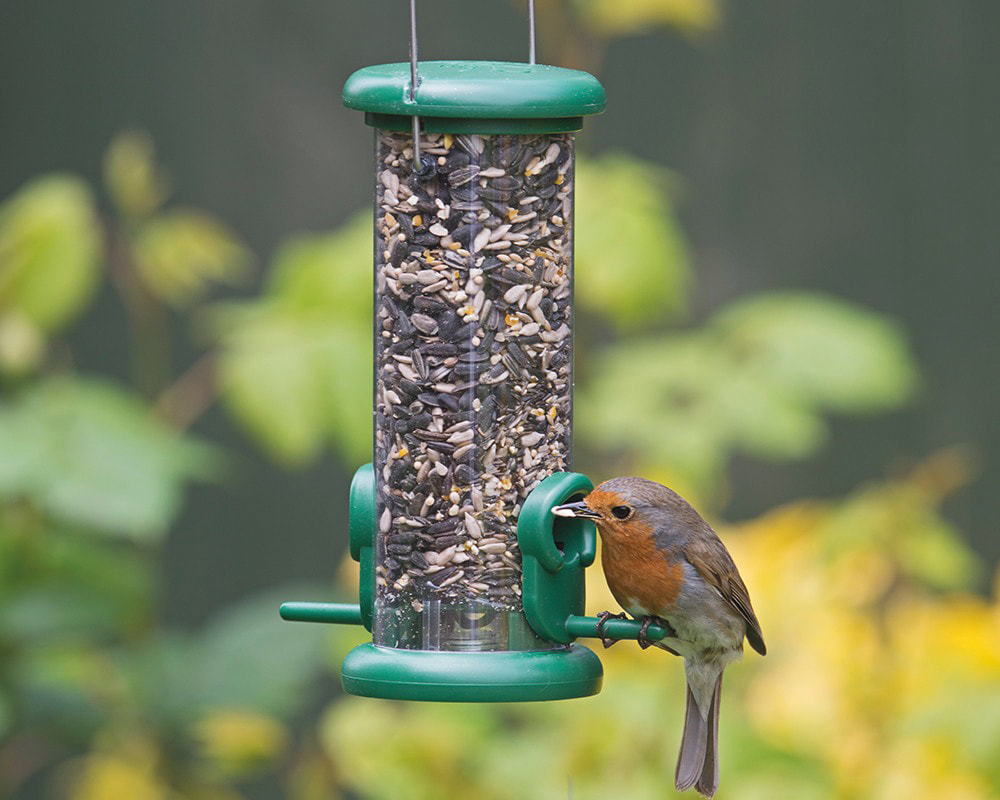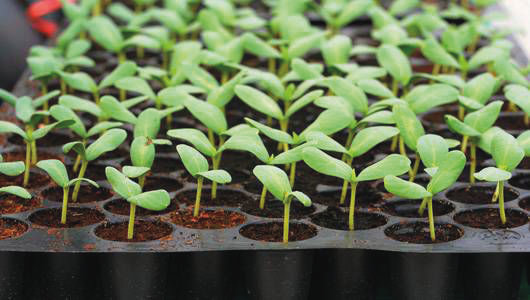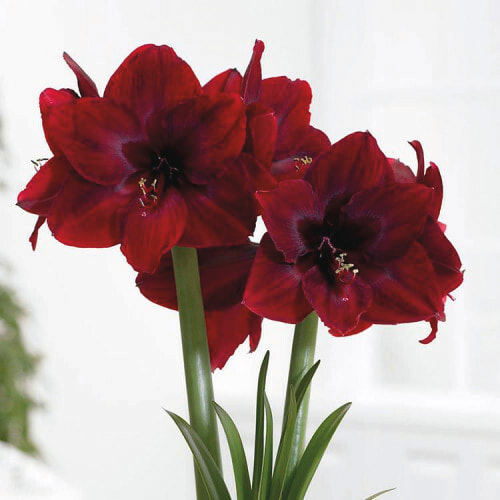|
January
Make your own gardening scrapbook - use a notebook to write down/draw what looks interesting in the garden or elsewhere - what is growing, wildlife you can see, flowers, leaves and foliage, attractive shapes/colours. If you have a camera, you can add photos. TIP - the annual show has classes for photo entries!! February Feed the birds when it’s cold and frosty. Garden birds appreciate us putting out food for them. Our Store reopens on Sunday 6th and then every 1st and 3rd Sunday in each month between 10 and 12.00. We have lots of inexpensive bird food and some feeders available. March Plant early potatoes - a packet of seed potatoes will make a whole sack of potatoes to eat. You need potato planters, or large flower pots or strong bags with holes in and compost. Put the seed potatoes in an egg box on a window sill for 2 or 3 weeks until they sprout (it’s called chitting) then plant 50cm deep, three to a bag. Add more compost to cover the shoots as they grow until the container is 3/4 full. Potatoes in sacks need lots of water - water 2 or 3 times a week. They need to be protected from frost. Grow summer flowering bulbs - they can be bought in garden centres and supermarkets. Try lilies, anemones or gladioli. Put 3 or 4 bulbs into compost in an 18cm pot and water when the compost feels dry. Put in a greenhouse, cold frame or sheltered part of the garden then plant out in May or keep in their pot. Also buy flower and vegetable seeds. April Sow flowers or vegetables from seed packets in cell trays. Good ones to try are sunflowers, nasturtiums, calendula, marigold, tomatoes, carrots and lettuce. Sow the seeds as thinly as you can!! Keep on a sunny windowsill and water very gently. Once they have germinated they go into a cold frame or sheltered part of the garden to plant out in May or June. TIP - there are often cell trays available free at the Store. May Come to the Annual Plant Sale on Saturday 7 May - we have lots of inexpensive plants for you to try growing in the garden or in pots. Or use them in a hanging basket - line the basket with moss or plastic with holes for drainage, half fill with compost, add the plants - approx 4-6 annuals - and top up with compost and firm in with fingertips. Keep well watered and give them a fertiliser feed each week! TIP - we often have spare baskets available free at the Store. June Plant out the flowers and vegetables you sowed in April. At the end of June you can harvest your new potatoes! Empty your container into a wheelbarrow or onto a plastic sheet, sort out the potatoes and recycle the compost on garden borders July Have a family visit to an open garden at the weekend - the National Gardens Scheme website has details of which are open and when. There are lots of different types of gardens to explore and get ideas from. They’re not expensive to visit and usually have great cakes and often, plants to buy at very reasonable prices. August Check the classes for Show entries and plan which ones you could enter - you can enter any class you wish and there are some classes especially for children. The Children’s classes are open to all children between 5 and 11 years old on the day of the Show, whether their parents are members of the Society or not. Classes are:
September Display your entries at the Radlett Horticultural Show on Saturday 3 September, then enjoy seeing other peoples’ entries and perhaps have some cake! October Collect fallen leaves and make leaf mould - take large plastic bags (empty compost bags are ideal) and punch some holes in the sides to let excess water come out, fill with fallen leaves and leave for a year if possible then add to the soil in the garden. November Plant a winter pot for the garden - ideas for planting: pansies and violas, bulbs, ivy. You will need some compost or soil from the garden. After the initial watering, just water if they start looking very dry. Put the pot somewhere you can see and enjoy the buds breaking through the soil and the flowers in the spring! December Plant indoor bulbs in pots. Good ones to try are Amaryllis - one bulb in a pot will grow up to 0.5-0.75m high in just a few weeks! Make your own Christmas decorations - you can use plants, foliage, ivy, berries, pine cones along with other art materials such as empty toilet rolls. Gather materials from the garden or outside but make sure you do not pull up living plants! Research how to recycle your Christmas tree - go online to find charities near you who will collect and recycle your tree after Christmas is over. Karen Kendrick |
How does your garden grow - a teacher’s perspective Working in the Early Years of a primary school brings great opportunity to answer this kind of burning question. While learning about numbers and letters is very important, so is learning about nature. Children need to spend more time outside exploring and investigating than one would think. We often assume that children will just know these things. However, when asked what they would like to know about nature, they have the most amazing questions. ‘How do flowers get the sun?’, ‘ We planted seeds in small boxes but how will they grow in the garden?’, ‘How do roses get petals?’, showing that children need to be taught about the wonderful thing that is gardening. Initially we would start with what we call a provocation, we set out one of the activity stations with various items related to the subject, we would have some books, some seeds, some planting pots, even some soil in a bowl and a couple of magnifying glasses. We let the children explore these things for a few days. Then we would take them in the school garden, pointing out new growth, pausing to let them observe, take photos with the school iPad, or draw what they see with pencils. This leads to class discussions, and of course we are well prepared for the inevitable, ‘Can we grow some flowers/an apple tree/some tomatoes etc.’ Which in turn leads to more discussion and observation, taking turns to water the plants, making sure the seedlings are in a bright spot and eventually planting them out in the school garden. The children will build upon and develop lifelong skills which will hopefully lead to a greener future for them and us. Michelle Stott St. John’s International School Belgium |



